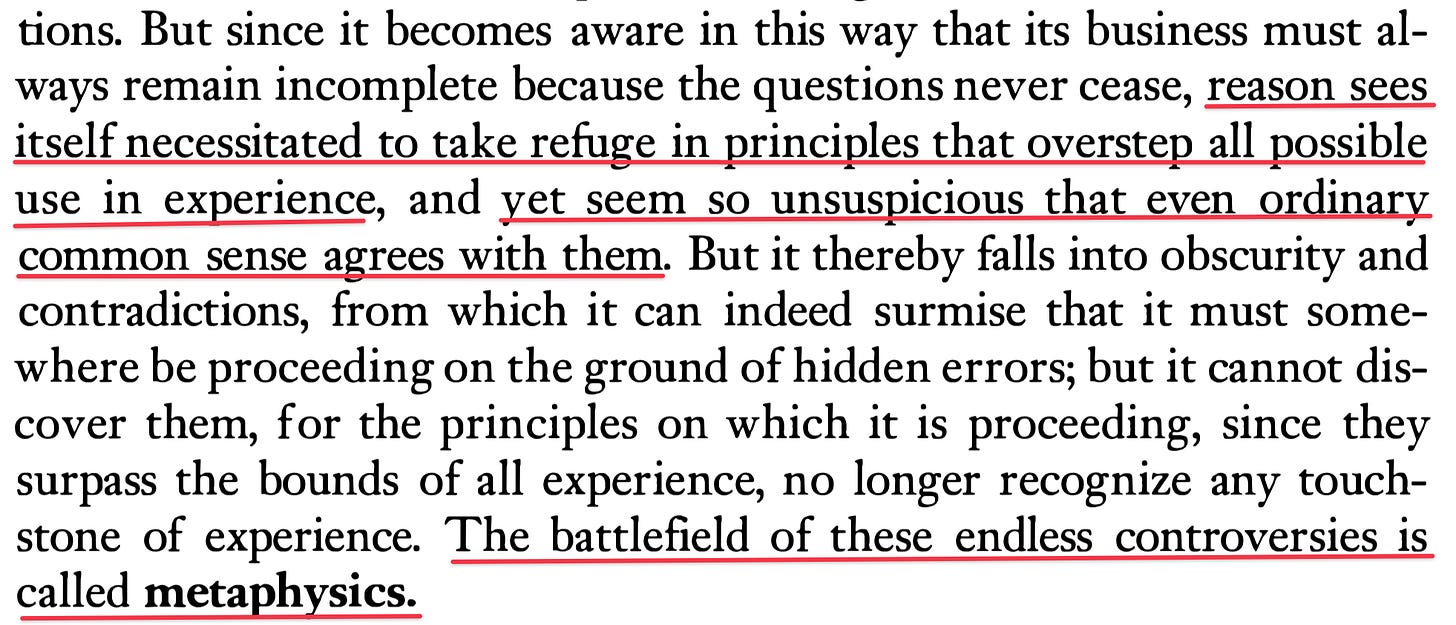Kyborg 28: CPR 1
There’s a myth that with the European enlightenment, some humans matured into adults, abandoning both the fears and the dreams of childhood for the certainties of science and reason. Once freed, Rational Man had no need for God’s grace; nothing stopped him from going where no one has gone before.
The myth of reason is a myth like any other even as it resists being classified so. It’s a powerful myth, for rational man is fit for rule, firm and strong but also just, bringing the fruits of civilization to those who are stuck in barbarism. It’s a great myth, for it opens up the heavens to our infinite gaze, helping it grasp the universe from the moment it started. It’s a terrible myth for it justifies the greatest atrocities in the name of progress, and finally, it’s a deadly myth for it will end human and much non-human life on earth if it continues unchecked.
I will be honest with you: this myth courses through my veins; I fell for it when very young and never let go of its romance. I find it easy to roam from star to star and oppressive to kneel before an unseen God. And yet, I know this modern order can’t hold. We have reached its limits and it will pass soon. To be replaced by what?
I am hoping Kant will offer us clues, he being the first cartographer of our promised land. But not in his self appointed role as a legislator, for that’s a promise of adulthood we can’t keep anymore, but a mythical Kant, the dreamer of reason. I once heard if you steep a dream in the world for too long, it turns into a nightmare. So here we are; the Kantian dream needs an infusion.
Page 1
Let’s keep this simple: I will read, reflect and riff on one page of Kant’s Critique of Pure Reason every day, starting with the preface to his book. I am using the Guyer-Wood translation published by Cambridge University Press. I will also be recording short videos (the one below is 27 seconds!) of the key sentences in that day’s page.
Kant opens his book by saying that reason has a tendency to tie itself in knots, not because of external pressure, but for its own internal reasons. That’s a microcosm of the larger human condition: which child hasn’t asked where she was before she was born? Kant says: there are questions which we can’t help asking because of being finite creatures thrown into the world and which our finitude prevents us from answering even in principle. Reason cannot prevent itself from trying to surpass the bounds of experience but it’s enmeshed in contradictions as soon as it achieves liftoff.
Philosophy walks the tightrope between spiraling speculation and pedestrian fact collection - the first ends in madness and the second in stamp collecting. We need a discipline that helps us walk, perhaps even run across this narrowest of paths. That discipline is metaphysics.





